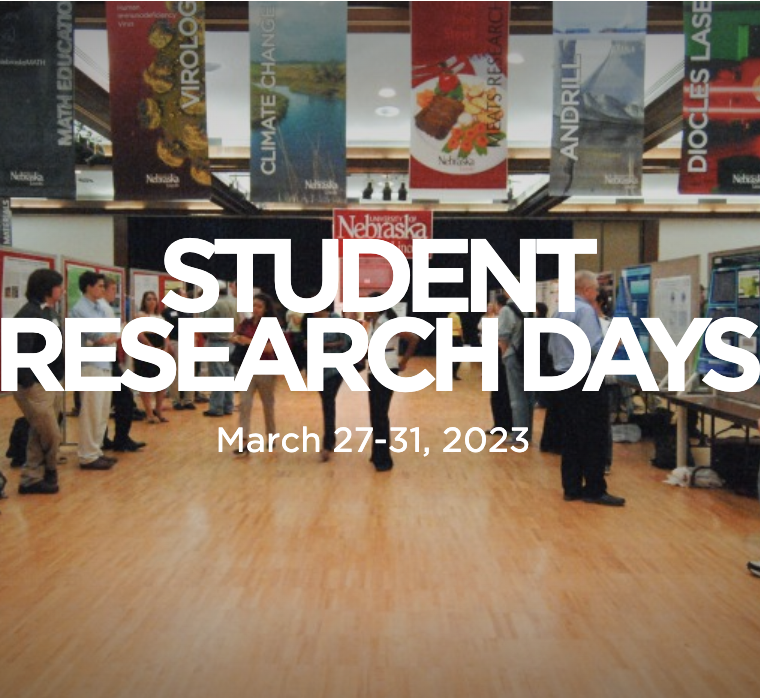As a first grade teacher, Molly Goldberg saw classrooms where children of color experienced racial bias, as well as classrooms that were more equitable. One day she hopes to develop a coaching model to help teachers ensure that students’ cultural and linguistic backgrounds are incorporated into learning.

For now, Goldberg is working on her doctorate in Child, Youth and Family Studies, while serving as a graduate research assistant at the Buffett Early Childhood Institute. She will present her research at the graduate student poster session on March 28, part of the Student Research Days lineup March 27-31. Goldberg’s presentation is based on her project titled “A Validation Study of the Assessing Classroom Sociocultural Equity Scale in Pre-Kindergarten to Third Grade Classrooms.”
The Assessing Classroom Sociocultural Equity Scale has been used successfully in Pre-K classrooms; Goldberg’s research explored whether the ACSES can also be used to measure equitable learning experiences for children in the early elementary grades. The scale expands upon general observational measures that do not take into account students’ races to more systematically assess the classroom experiences of “racially marginalized learners” – children from Black, Latine, Asian American and Native American backgrounds.
Goldberg’s team used the scale to assess 348 videos of classroom instruction in an urban city in the Midwest, measuring it in conjunction with a widely used observational tool known as the Classroom Assessment Scoring System, which evaluates aspects of teaching that are linked to student achievement and development.
“Racially marginalized learners have different experiences in early childhood classrooms compared to their White peers,” Goldberg said. “For example, racially marginalized learners experience implicit bias from their teachers and peers and experience disproportionate rates of suspension and expulsion from early childhood classrooms.”
“These learners benefit from equitable and culturally responsive classroom instruction, like instruction in their home language, or the language that they use at home, and chances to connect the lesson and activities to their cultural identities and out-of-school experiences,” she said.
“There is a proliferation of evidence that a shift is needed to ensure racially marginalized learners are equitable beneficiaries of learning opportunities and positive relationships in early childhood classrooms,” Goldberg said.
The research indicates the ACSES is a reliable and valid tool for assessing equity in early childhood and early elementary classrooms, Goldberg said. “This initial measurement research provides a foundation for our next steps: designing and implementing professional learning that can help teachers improve their use of ACSES teaching practices to better meet the needs of the children they serve.”
“Student Research Days is hosted by the Office of Research and Economic Development in partnership with the Office of Graduate Studies and the Office of Undergraduate Research and Fellowships.”






